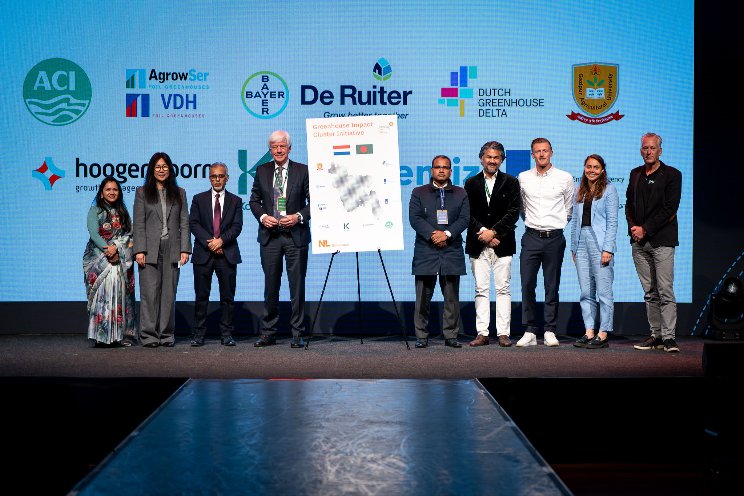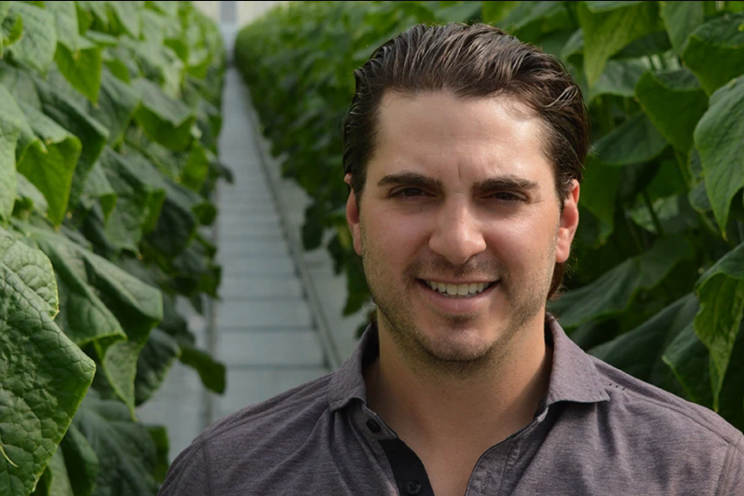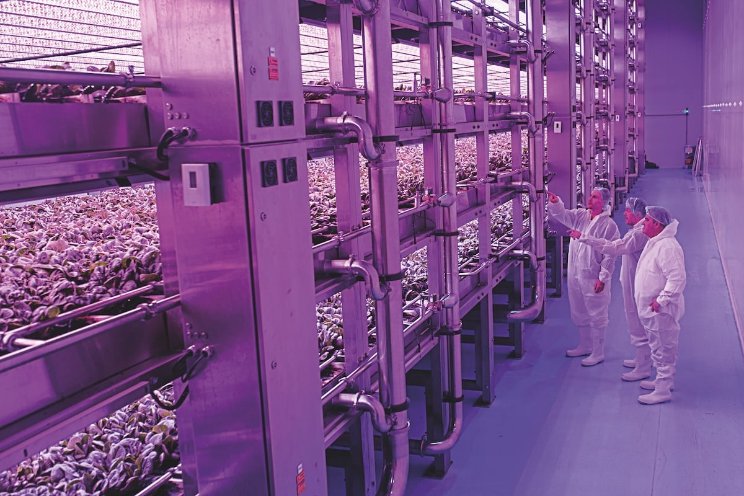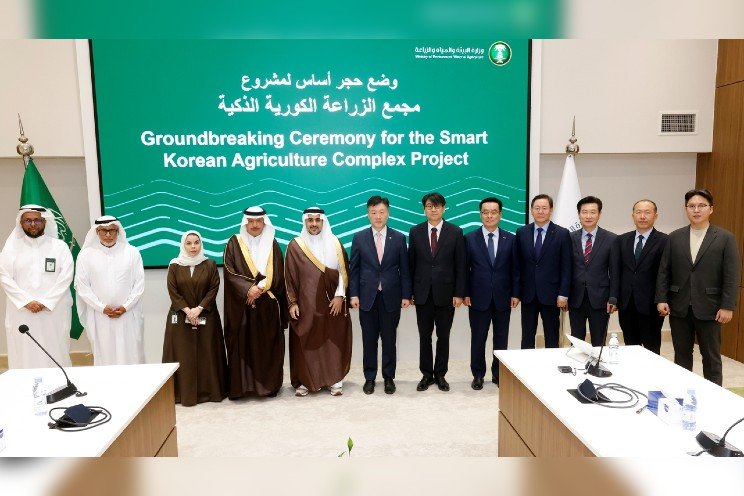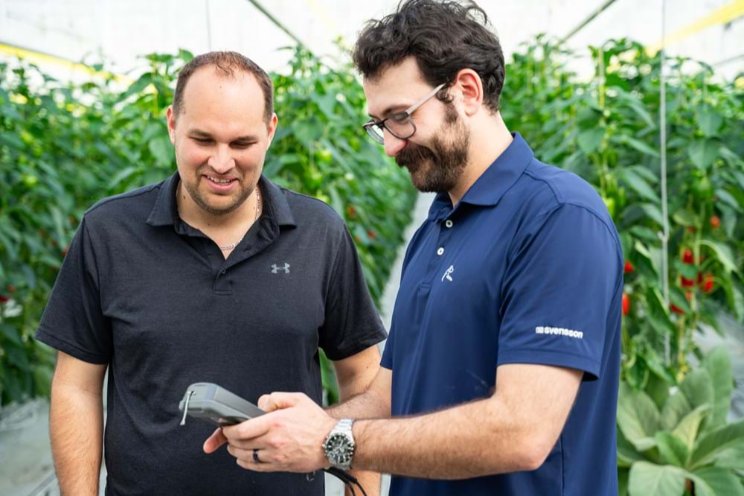Square Roots’ “Dark Growth” farming initiative
Added on 13 February 2024

Support and Collaboration: With financial backing from the Bill & Melinda Gates Foundation, the project leverages CRISPR gene-editing technology to grow plants heterotrophically, absorbing carbon from acetate.
Potential Global Impact: This breakthrough could revolutionize the economics of indoor farming, making it a feasible option for securing the food supply in low and middle-income countries facing climate challenges.
Scientific Foundation: The initiative builds on research by Dr. Robert Jinkerson and Dr. Feng Jiao in sustainable acetate production and heterotrophic plant growth, aiming to scale these lab findings to commercial production.
Future Prospects: Initial trials focus on lettuces and SPACE Tomatoes, with plans to expand to staple crops like sweet potatoes and cassava, crucial for food security in vulnerable regions.
Square Roots has unveiled a transformative program poised to redefine indoor plant cultivation. Funded by a grant from the Bill & Melinda Gates Foundation, this initiative explores the potential of growing plants without light, aiming to reduce the energy demands of indoor vertical farming drastically. This approach preserves the inherent benefits of indoor farming and significantly lowers production costs and carbon emissions, making sustainable agriculture more accessible worldwide, especially in regions vulnerable to climate change.
A Leap Towards Sustainable Agriculture
Square Roots’ endeavor represents a significant departure from traditional indoor farming methods, which rely heavily on LED lighting for plant growth. By adopting a “dark growth” model, the startup aims to sustain all the advantages of controlled environment agriculture—like year-round production, pesticide-free crops, and efficient resource use—while addressing one of its most critical drawbacks: high energy consumption.
Research and Collaboration
The project is grounded in cutting-edge scientific research developed by Dr. Robert Jinkerson at UC Riverside and Dr. Feng Jiao at the University of Delaware. Their pioneering work in artificial photosynthesis and plant growth in non-photosynthetic conditions has set the stage for this ambitious commercial-scale trial.
More news
